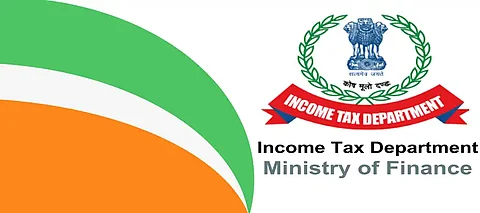

The Income Tax Department has issued a strong advisory to the public, warning about a surge in phishing emails, fraudulent refund scams, and fake websites impersonating official tax authorities. These scams are designed to steal sensitive financial information and can result in substantial financial losses.
Phishing is a cybercrime where fraudsters send emails or create websites that appear to be from legitimate organizations—like the Income Tax Department—to trick people into sharing personal or financial details such as bank account numbers, credit card information, or passwords.
If you receive an email or find a website pretending to be from the Income Tax Department:
1. Forward the email or website URL to
2. Include the Internet header of the email if possible, as it helps authorities trace the sender.
3. Delete the suspicious message after reporting.
If the phishing attempt is unrelated to the Income Tax Department, forward it to incident@cert-in.org.in.
The Income Tax Department urges everyone to remain alert and cautious. Never share your personal or financial information in response to unsolicited emails or on unfamiliar websites. For more information and official updates, visit the Income Tax Department’s official website.
Protect yourself and your finances—when in doubt, report and delete suspicious emails immediately.